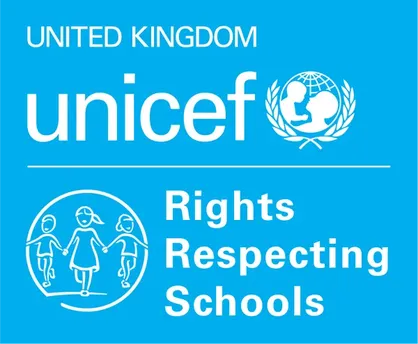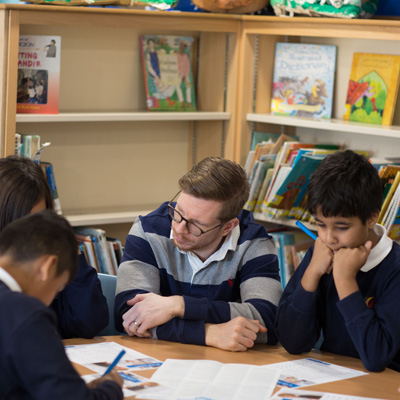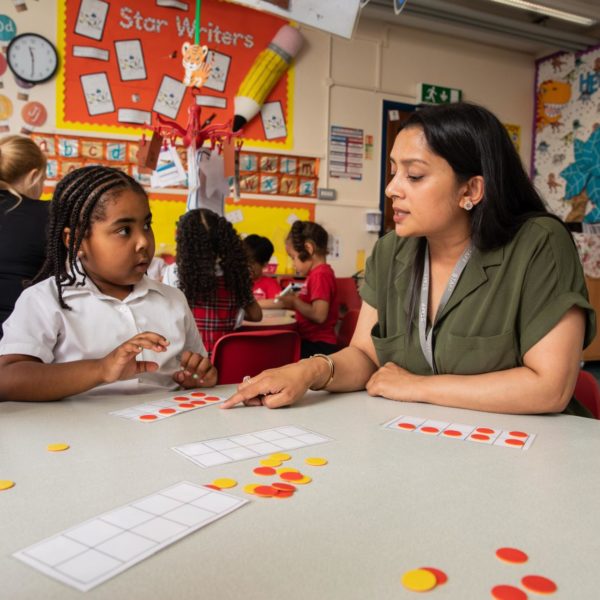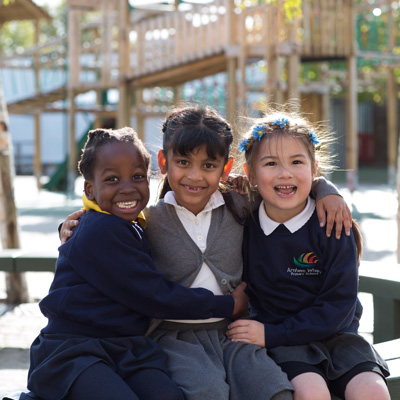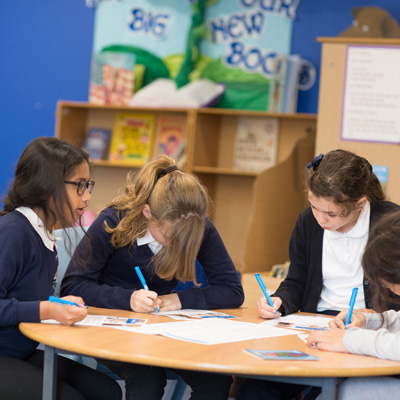Max the wellbeing dog and the creation of a wellbeing app have helped build a rights-aligned culture of mutual respect and resilience.
Hannah Trinder, Rights Respecting Lead at Pantysgallog Primary School discusses the school’s pupil voice and wellbeing work.
Pupil voice supporting wellbeing
When we started RRSA in 2019 we hoped to enhance pupil voice for school improvement.
We found as children’s rights became more embedded, pupils showed an increased level of resilience in response to the normal pressures of school life. We saw a shift in pupil behaviour when engaging with adults and other children. A culture of mutual respect developed.
During COVID-19 school closures it was essential that pupils were given a voice. Our pupil voice committees acted as the perfect conduit for children to verbalise their emotions and feelings. Feedback from children helped us design a bespoke provision to best suit the needs of pupils returning to school.
Our Rights Respecting Schools work supported pupils re-engaging with peers and staff, reforming friendships and shifting their mindset back to one which was prepared for learning.
MiHealth App and Max the Dog
Pupils and staff had become adept at using technology as a means of communicating during school closure. The MiHealth App project was a natural opportunity to harness technology skills and have a sustainable impact on wellbeing.
Engaging with a team of professionals, MiHealth was officially launched in early 2022. The app development allowed pupils to work collaboratively on the project. The supportive features of the app include a healthy meal planner, exercise videos and mindfulness music.
As part of our strategic approach to wellbeing we also introduced Max, the wellbeing dog. As with MiHealth, this project relied heavily upon pupil voice to ensure it served the purpose it was intended for. To introduce a dog into the provision it was really important that everyone was consulted. The consultation period involved feedback from all stakeholders but most importantly pupils. The school received resounding approval and Max was introduced during the Christmas period of 2021.
Max is now a daily presence in school. He accompanies the headteacher every morning to greet pupils arriving to school, he attends lessons and assemblies and plays a vital role in sessions of emotional support for some pupils.
Small adjustments equal big impact
Integrating child rights into our curriculum prompted a strategic shift towards enhanced wellbeing.
Our school has a high number of pupils with additional learning needs and the commitment to children’s rights has led to a cohesive and inclusive learning environment. Our pupils understand that the UNCRC is for all children and they truly embrace this concept. The work we have done on empathy versus equity has helped our pupils recognise the need for differentiated support for pupils.
Small adjustments like scheduled meetings with staff and school leaders demonstrate to pupils that they are taken seriously. These meetings develop relationships between pupils and staff and ensure that the pupils have a forum to express their opinions and share ideas.
Further to this, ensure pupils see evidence of the impact of what they have to say. Where whole school decisions have been made, as a direct result of pupil voice, we have shared this with parents and governors and we have received positive feedback on the fact the pupils are granted these opportunities.
Authentic engagement builds trust and fosters a collaborative environment for positive change. We are firm believers of you have to ‘live and breath it’, in terms of embedding children’s rights. We have found that centering all teaching and learning and extra curricular activities around the UNCRC ensures that pupils are set up for success as life long learners.
School context: Pantysgallog Primary School is situated in Pantysgallog, a semi-rural village on the northern edge of Merthyr Tydfil, near the Brecon Beacons National Park in South Wales with nearly 400 pupils on roll, aged between 3 years to 11.
